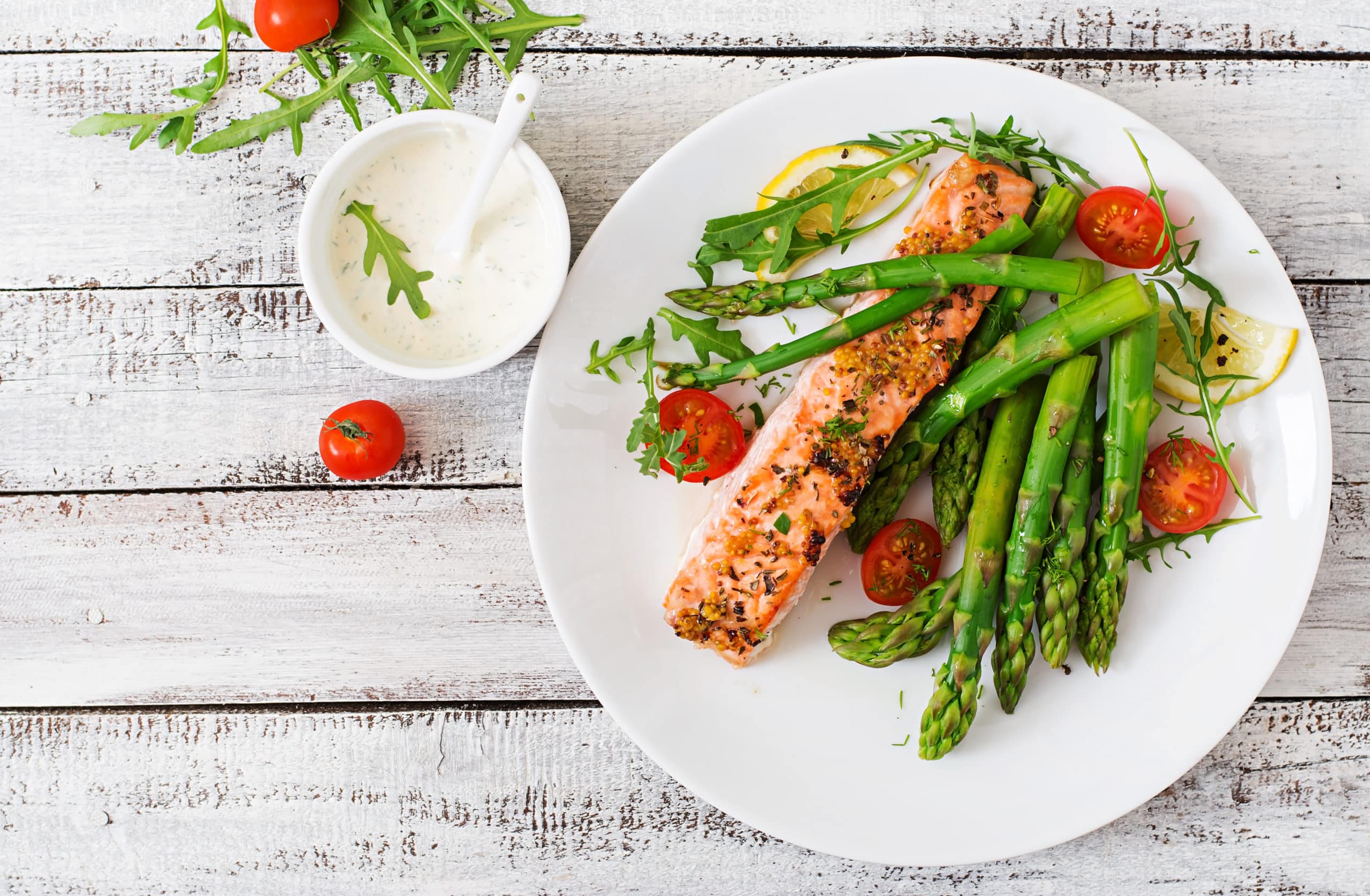
Get as many nutrients as you can by choosing your food wisely.
If you are on a weight loss journey, you’ll know that there is a limit to the number of calories you should consume in a day. But that doesn’t mean that you should miss out on all the nutrients that you need. The best way to maximise your intake of nutrients is to choose foods that are packed with goodness. Read on to find out which foods are particularly nutritious…
-
Kale
It’s no secret that green, leafy vegetables are a good food choice, but kale is one of the best options when it comes to nutrients. It’s packed with vitamins, minerals and antioxidants, plus it’s high in fibre. And while the vegetable is loaded with large amounts of potassium, calcium, magnesium and manganese, it’s also very low in calories so it won’t make a big dent in your daily calorie budget. Add some leaves to your salad, stir fry or smoothie for a nutritious addition to your meal.
-
Blueberries
If you love berries, you’ll be pleased to know that blueberries are a great low-calorie snack. They are full of antioxidants and have a number of health benefits. One study interestingly found that obese individuals who had metabolic syndrome experienced a drop in blood pressure and less markers of oxidised LDL cholesterol when they incorporated blueberries into their diet.
-
Salmon
Salmon is an excellent source of omega-3 fatty acids, which help to ensure that the body functions as it should. Besides being packed with fatty acids, salmon also contains a number of other nutrients. These include protein and vitamins and minerals like magnesium, potassium and B vitamins. Thanks to its protein content, a relatively small portion of salmon is likely to keep you feeling full for a while.
-
Garlic
Garlic adds great flavour to a broad range of dishes, but did you know that the ingredient is packed with nutrients? Fresh garlic contains calcium, potassium, copper, selenium, manganese, vitamins C, B1, and B6. Some research suggests that garlic has a range of health benefits and may even lower the risk of certain cancers.
-
Shellfish
Shellfish, such as oysters, scallops, clams and mussels, are all highly nutritious foods. Clams are one of the best vitamin B12, while they also contain vitamin C, potassium and iron. Oysters are also packed with nutrients like vitamin B12, as well as zinc and copper.
Do you need help with your nutrition?
Once your weight loss surgery is complete, the Surgical Weight Loss Centre team is available to provide you with ongoing support and guidance. Even once you have reached your goal weight, we would still like to see you once a year to ensure you remain in good health. Before these check-ups, we ask all of our patients to go for a blood test to identify any nutritional deficiencies.
At Surgical Weight Loss Centre, we also offer a range of vitamins and supplements to support your weight loss journey. Nutrition is an extremely important aspect of post-operative care and as you will be consuming less calories after surgery, you’ll need to make active decisions to ensure you’re receiving the correct nutrients. To find out about the vitamins and supplements that we offer, please have a look here.
If you would like to arrange a consultation with us, please don’t hesitate to get in touch.